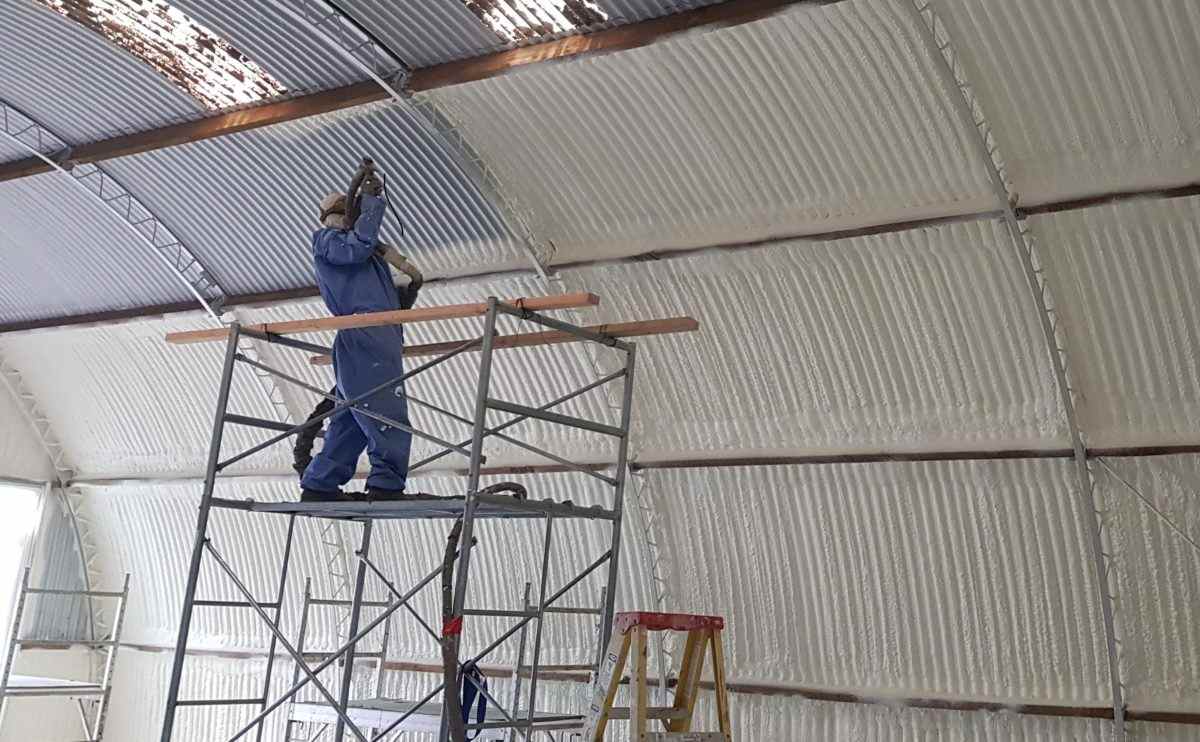Quality Thermal Bridge Insulation
Our Service
Thermal bridging is a common issue that can significantly affect a building’s energy efficiency and indoor air quality. When heat flows through materials with higher conductivity than surrounding materials, it can cause heat loss to the outside and lead to condensation formation inside the building, which can result in rust, dampness, or mould.
Quality thermal bridge insulation expertly applied by our NZ Application Service professionals can make sure your properties are well-insulated.
Product Description: Quality Thermal Bridge Insulation
When selecting the right insulation material for your thermal bridge insulation project, consider the R-value of the insulation, which refers to its thermal resistance. The higher the R-value, the better the insulation will be at reducing heat transfer through the thermal bridge. In addition to energy savings, thermal bridge insulation also helps improve indoor air quality by reducing condensation and mould growth, which can be harmful to occupants’ health.
Thermal bridge insulation is a critical component of any building or home construction project. Thermal bridging, also known as cold bridging, occurs when heat flows through materials with higher conductivity than surrounding materials, leading to heat loss and condensation formation inside the building. Closed-cell spray foam insulation is an effective solution for thermal bridge insulation
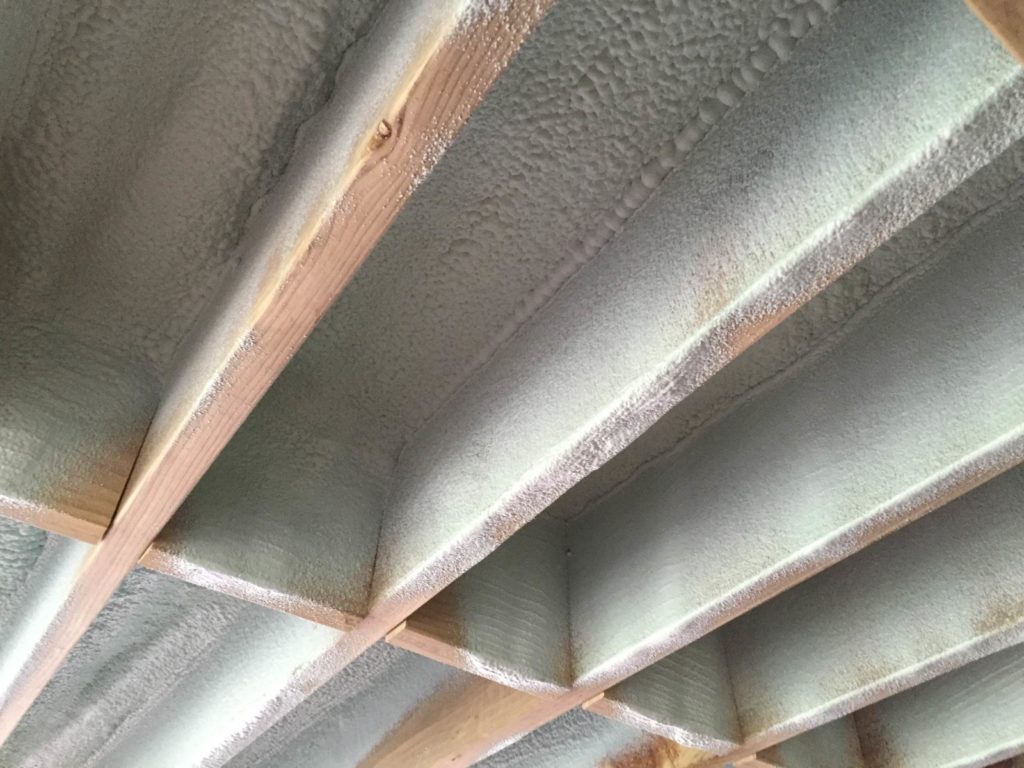
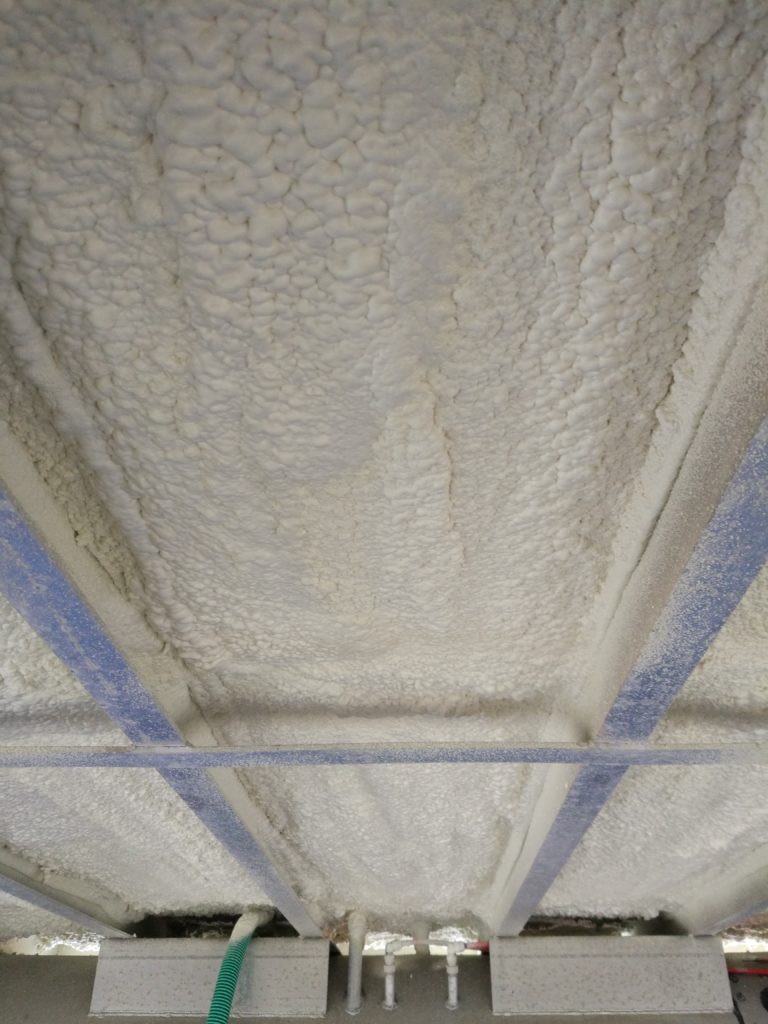
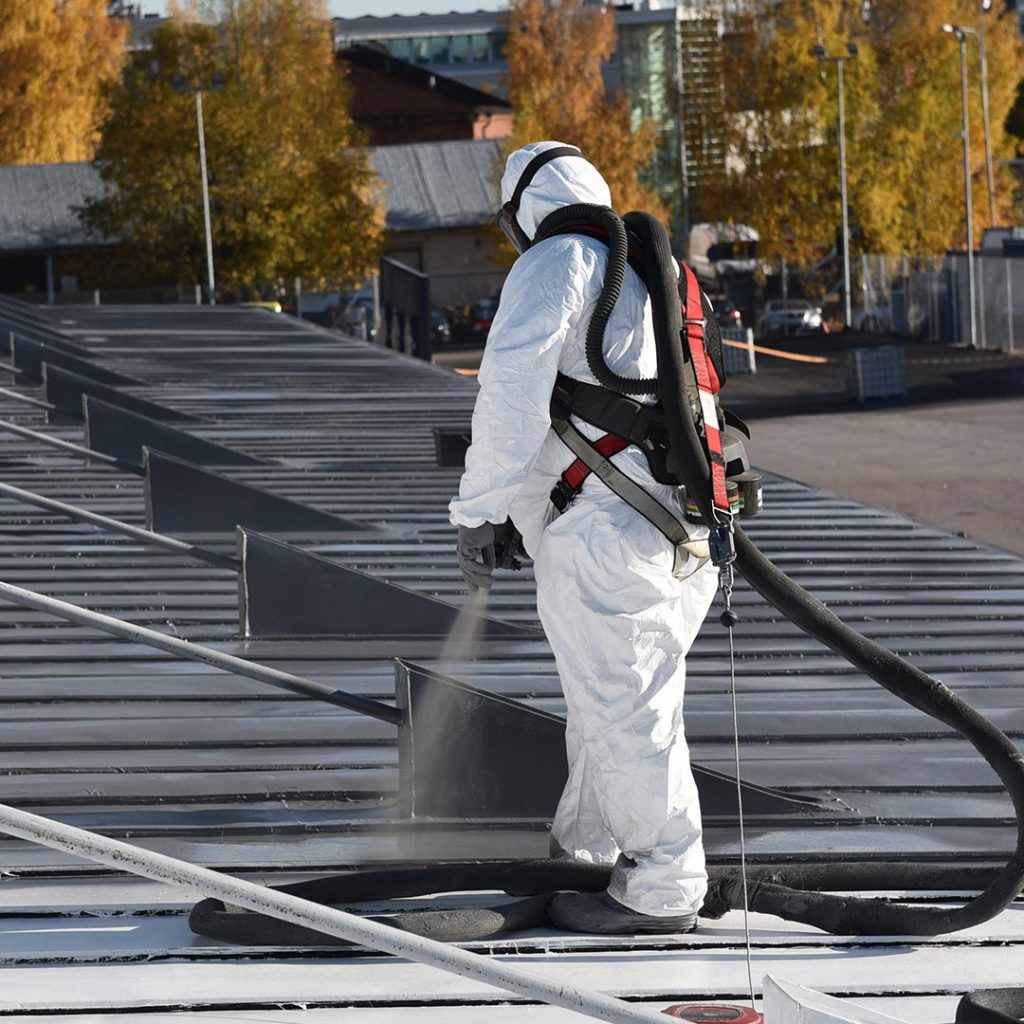
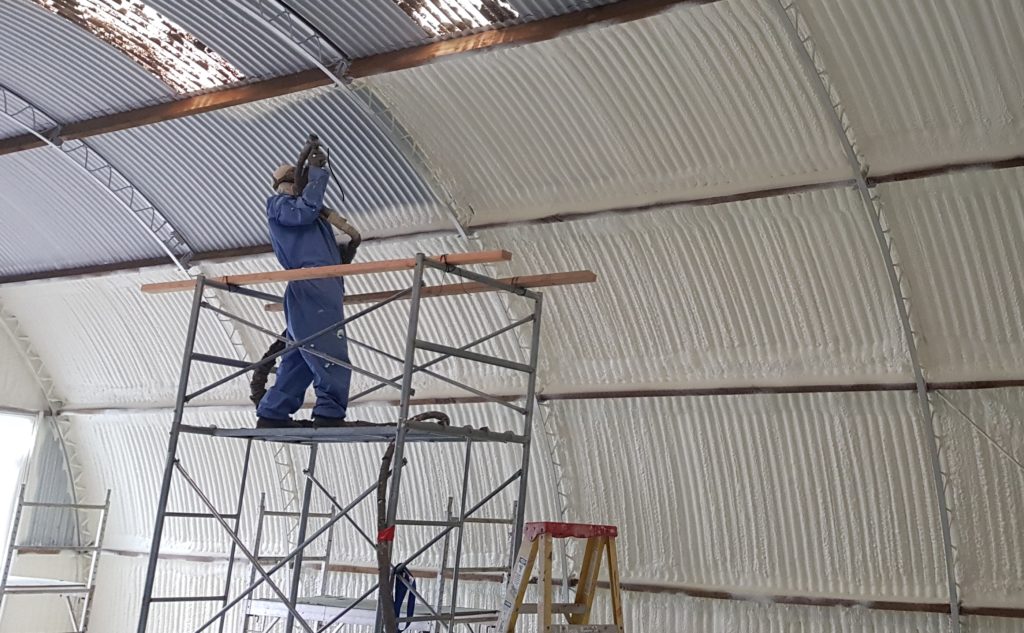
Spray Foam Insulation: Frequently Asked Questions
Thermal bridge insulation is a method used to reduce heat loss through parts of a building that have higher conductivity than surrounding materials. These areas, known as thermal bridges or cold bridges, can lead to significant energy loss and condensation issues. Insulating these areas helps improve energy efficiency and prevent problems like mould growth.
The R-value measures the thermal resistance of insulation material. A higher R-value means better insulation performance, which is crucial for reducing heat transfer through thermal bridges. Closed-cell spray foam insulation has a high R-value per inch, making it an excellent choice for effective thermal bridge insulation.
Closed-cell spray foam insulation offers several benefits:
- High R-Value: Provides superior thermal resistance with a thinner layer.
- Airtight Seal: Expands to fill gaps, creating a continuous barrier that prevents air leakage and heat loss.
- Moisture Resistance: Prevents moisture penetration, reducing the risk of condensation and mould growth.
- Durability: Maintains its insulating properties and structural integrity for the lifetime of the building.
By creating an airtight seal, closed-cell spray foam insulation prevents the infiltration of moisture, dust, and pollutants. This reduces the risk of condensation and mould growth, leading to a healthier indoor environment.
Yes, closed-cell spray foam insulation is highly durable. It retains its insulating properties over time, resists impact and moisture, and does not settle or deteriorate like traditional insulation materials. This durability means fewer repairs and lower maintenance costs.
Contact NZAS to discuss your project. Our team of experts will assess your specific needs and provide a tailored insulation solution that ensures optimal energy efficiency and indoor air quality for your building.
Choose NZAS Today
Thermal bridge insulation is a vital component of any building or home construction project. By selecting the right insulation material and technique, you can significantly reduce heating and cooling costs, improve energy efficiency, and enhance indoor air quality. Get in touch with NZAS today to get started.

